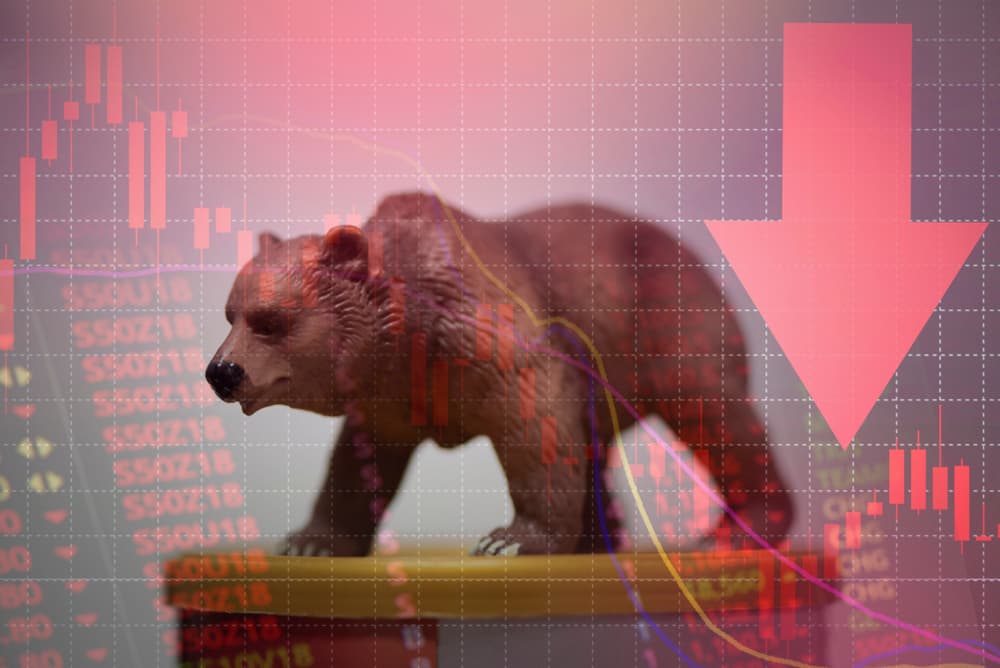
“My hope for bitcoin is that it can improve the efficiency of the information system that we call ‘money.’”
– Elon Musk, appointed to the new Department of Government Efficiency (DOGE)
November 13, 2024—On the Friday before the election, we recommend that you hedge the results of the impending vote with Bitcoin and Gold.
Since Wednesday’s opening, bitcoin has soared 22%… shooting to $92,600 this morning.

The bellwether crypto is up over 150% over the past year. And it’s getting a serious huff of Trump Trade fumes.
Trump’s campaign promise, among many disruptive ones, includes replacing Gary Gensler, the existing SEC chair who was slowly noodling over regulatory changes for crypto.
We speculated all year that backroom deal-making was being organized to support the Fed coin and a new era of highly regulated (manipulated) CBDC coins.
The election results put an end to that fear with some earnest abandon.
Another puff of fumes fueling the Trump pipe dream came yesterday in the form of another campaign promise coming into focus: The “Department of Government Efficiency’ – or DOGE after the crypto coin Elon Musk owns and often discusses.
Musk and entrepreneur-turned-
During this euphoric phase of the so-called Trump Trade, the market doesn’t need a lot of fumes to get high.
Gold hasn’t fared as well. In fact, it’s down nearly $200 (priced in dollars) since its historic high of $2,800 on October 30.
Yep.
But you’re wrong if you think we’re going to apologize for gold. Our friend Dominic Frisby takes a quick review of both alternatives to the U.S. Dollar below. Enjoy – Addison
Bitcoin’s Looking Great. Gold Not So Much.
Dominic Frisby, The Flying Frisby
Today, we are going to look at gold, bitcoin, and our way of playing it.
Let’s start with gold.
Gold – and most other metals – has been hit since the U.S. election last week. It’s down $200, or about 7%, with U.S. dollar strength being a big factor (the dollar has been storming higher since October).
While I think this bull market might be punctured, as I put it last week, and that gold probably has a bit further to fall, I am not unduly worried. 2024 has hitherto been a great year for gold, and it remains an essential long-term core holding.
It is an even more essential holding for UK investors. I think sterling has big problems ahead of it, and gold serves as your hedge against crap governments.
Labour or Tory – I’m no fan of either.
They’re both as bad as each other, in my view. The less government there is, the better things run. But that’s irrelevant idealism. Of greater concern here is reality: there has never been a Labour Government that did not devalue sterlin
- Blair and Brown crashed sterling in 2007-8 (though until then their record was okay);
- Under Wilson, Callaghan, and Healey, we ended up going to the IMF in 1976. Callaghan and Wilson also devalued in 1967.
- Cripps and Attlee devalued in 1949.
- Ramsay MacDonald’s National Government, which followed Labour from 1929-31, took us off the gold standard in 1931.
Why should this Labour Government be any different? If anything, it is even less competent. Sterling devaluation is coming.
How exactly might not yet be clear. I rather suspect it’ll be an attempt to make us competitive against an ultra-streamlined U.S., but that’s just a guess. You must own some gold (and some bitcoin) in such an environment: non-government money. ~~ Dominic Frisby, The Flying Frisby
Regards,

Addison Wiggin,
Grey Swan
P.S. Just as there has never been a Labour government that hasn’t devalued the British Pound… so there has never been a Republican or Democratic administration in modern times that didn’t devalue the dollar, whether through foreign exchange or a massive run-up in debt and inflation.
Bitcoin enthusiasts point out that cryptocurrency has no “top” price because fiat currencies have no bottom. Gold, to a lesser extent, also fits into that scarcity mold.
That’s why we view both assets performing well throughout Trump’s second term.
Or, as Grey Swan reader Marcus suggested last week:
“Things will go well in 2025 if (and this is a big IF) Elon Musk is successful at cutting the $2 trillion from our government expenditures as he anticipated.
“If that happens, it will reduce the pressure on our government to borrow money to pay our debts. This will set into motion a domino effect of positive results.”
Send your thoughts to: addison@greyswanfraternity.com



